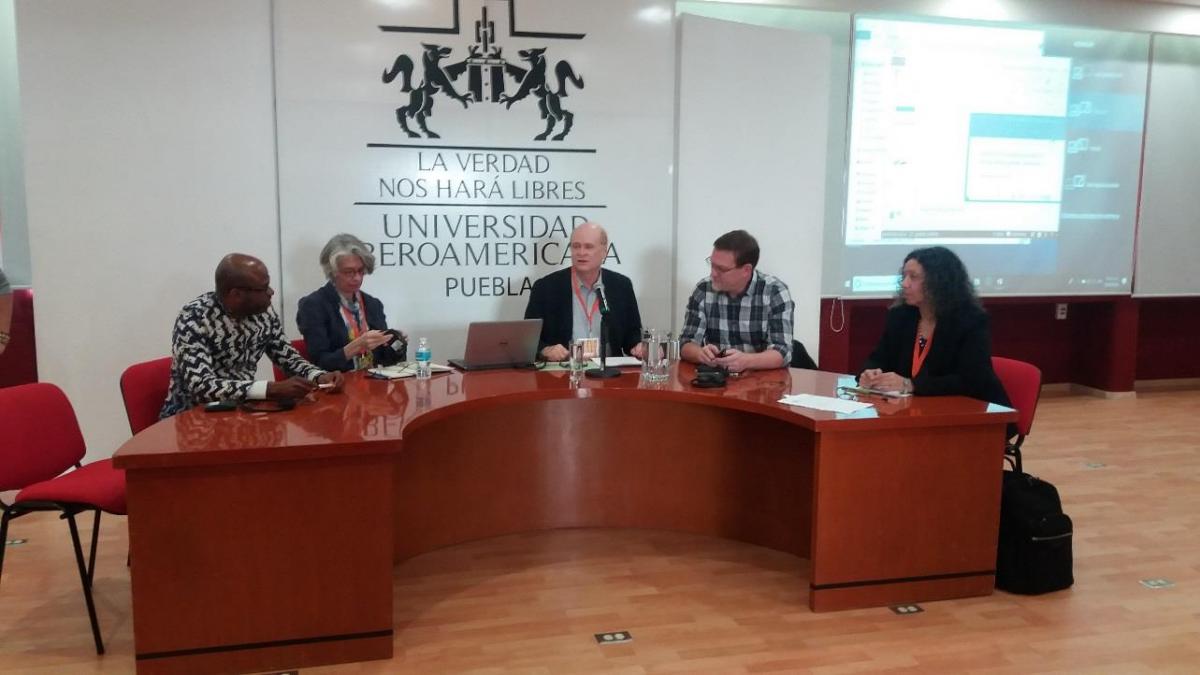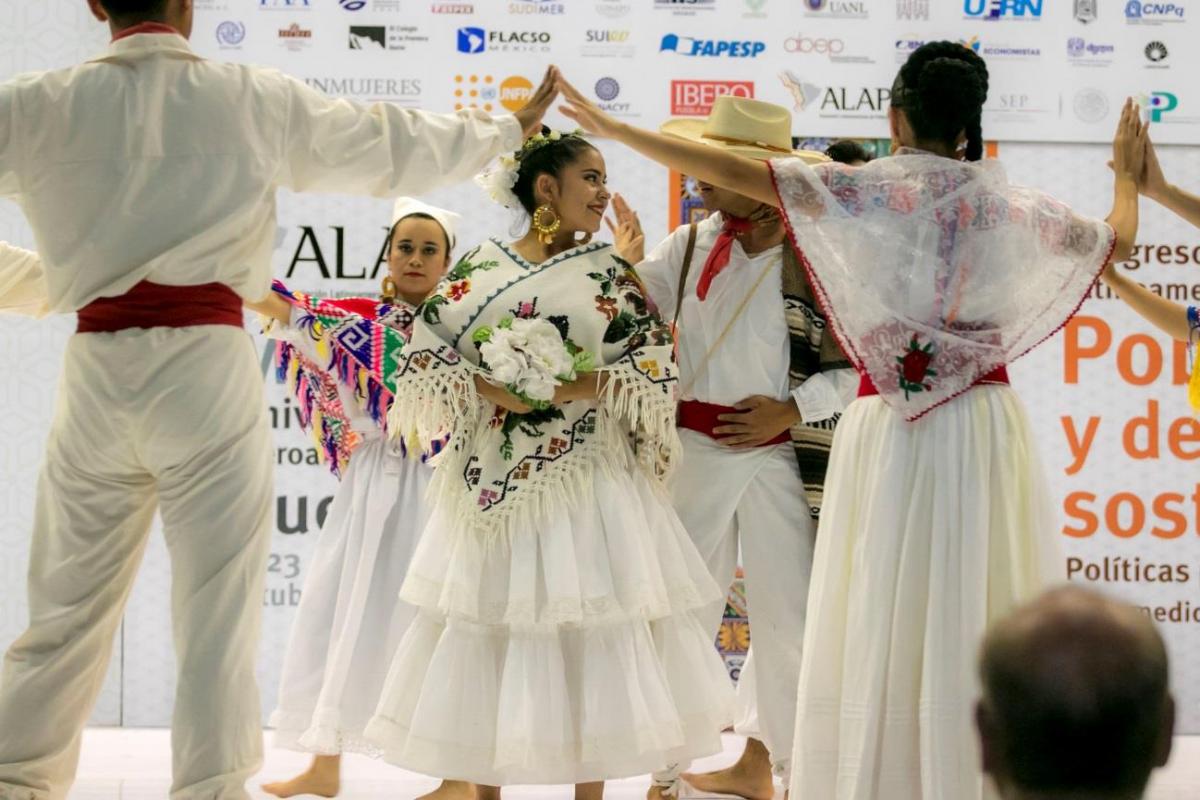2018 ALAP Conference in MexicoPuebla, Mexico, 23-26 October 2018
The Latin American Association of Population (ALAP: Asociación Latinoamericana de Población) held its VIIIth population conference from 23 to 26 October at the verdant campus of the Universidad Iberoamericana in Puebla, Mexico. This conference is held every two years, and focused this year on the theme “Population and Sustainable Development: Public policy and advances in sociodemographic estimation”. The conference attracted 600 participants from both within and outside the region, including academic demographers and researchers from related disciplines, students, and staff from the UNFPA and NGOs. The conference was a clear success, in large part due to the hard work of the scientific organizing committee and advisory council, led by ALAP president Verónica Montes de Oca of UNAM (the National Autonomous University of Mexico). The IUSSP was well represented at the event: organizing an invited panel semi-plenary session, participating in several other sessions during the Conference, and operating an IUSSP booth.
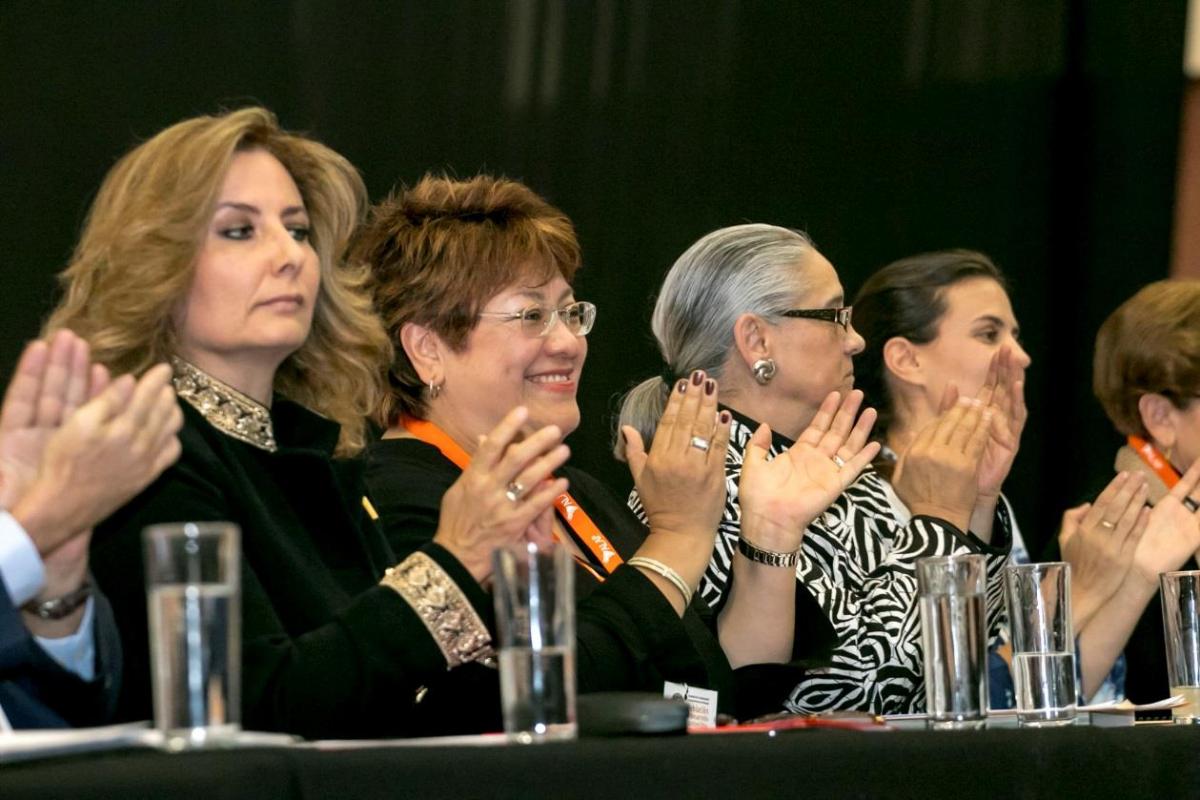
Following two days of side-meetings, the conference began on Tuesday 23 October with a plenary opening ceremony that featuring two keynote speakers, Massimo Livi-Bacci and José Miguel Guzman, respectively a past president of the IUSSP (1985-89) and the 2017 IUSSP laureate. Both speakers focused their remarks on sustainable development, in particular the prospects of avoiding substantial harm to the natural environment, and both referred to a series of recent short articles on the topic written by prominent demographers in the N-IUSSP journal: David Lam (7/2017), Richard Grossman (11/2017) and George Martine (2/2018). In subsequent days, participants attended six semi-plenary sessions, 19 round-table discussions, 62 regular scientific sessions on diverse topics (data and methods, international migration, human inequality and human rights, etc.), poster sessions, book presentations, the closing ceremony and social events: a dance spectacle and a mariachi band, followed by dance music at the end of the conference.
The semi-plenary session organized by Suzana Cavenaghi and Tom LeGrand for the IUSSP dealt with “Challenges for monitoring the sustainable development goals: a regional dialogue on demographic data and indicators”. Tom LeGrand (IUSSP president) presided the session and the panelists were:
Despite our best efforts, due to time and budget constraints we were unfortunately unable to bring in a top Asian demographer to take part in this panel.
The closing ceremony featured two outstanding thinkers from the region who came from outside of the field of demography, and whose speeches dealt with human rights, inequality and disadvantaged peoples. John Anton, of the Ecuadorian Instituto de Altos Estudios Nacionales, spoke on advances in recognizing the cultural specificities, needs and fundamental human rights of descendants of African slaves in the Americas. The second presentation by Luis Raul González Pérez, president of the Mexican National Commission of Human Rights, focused on the human rights in the framework of the 2013 Montevideo Consensus – the most important document to guide population policies in Latin America – and spoke on the prevention and eradication of hate ideology in the region and on human rights in the public policy, and the sociodemographic challenges for Mexico. The evening ended with a social event that included traditional Mexican food, a Mariachi band followed by dance music that lasted into the night.
At the ALAP general assembly, María Marta Santillán Pizarro of Argentina was officially named as the new, incoming president of ALAP, and the next ALAP conference is planned to take place in Chile in 2020, most likely in Santiago or Valparaiso. During the meetings, Tom LeGrand and Suzana Cavenaghi had the chance to speak with María Marta Santillán, Silvia Elena Giorguli Saucedo (president of the Colegio de México), Carlos Javier Echarri and several others to discuss ways to enhance collaborations between ALAP and the IUSSP, perhaps including joint workshops, efforts to develop training courses, research collaborations and ALAP taking responsibility for an IUSSP webpage on important news or reports from the Latin American region.
Pictures |
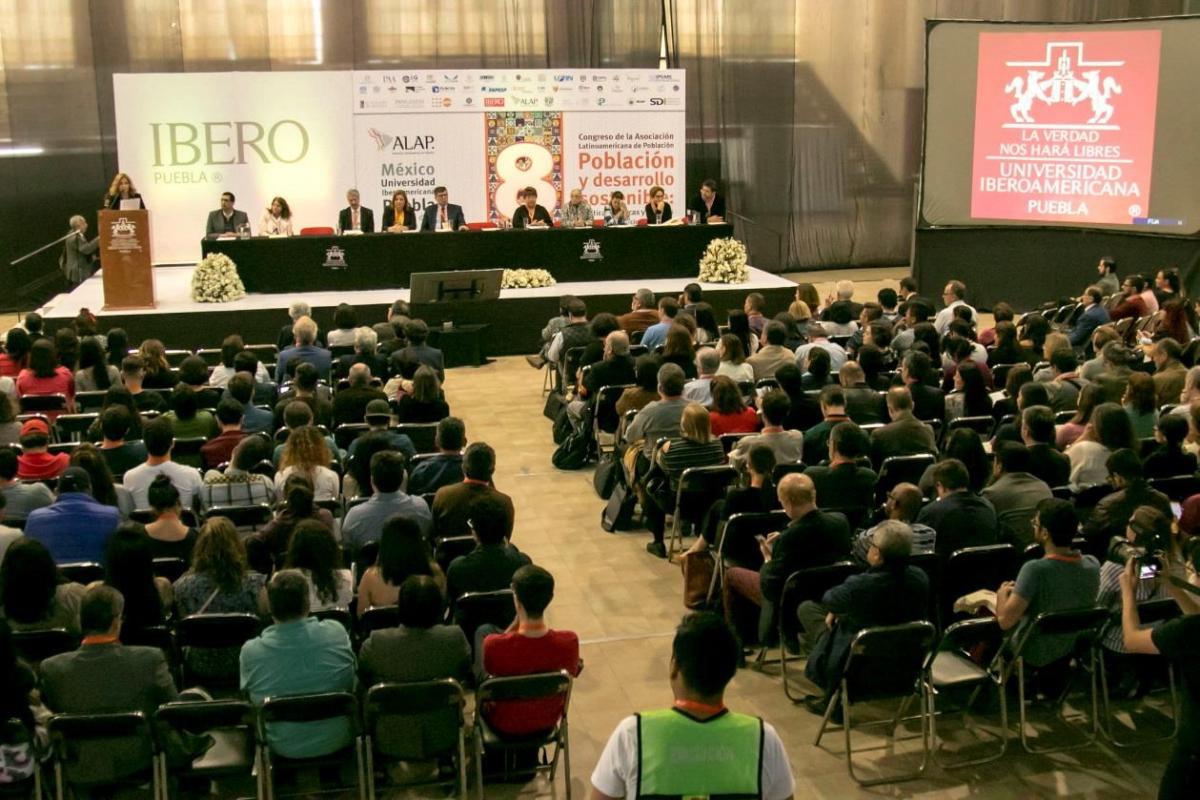
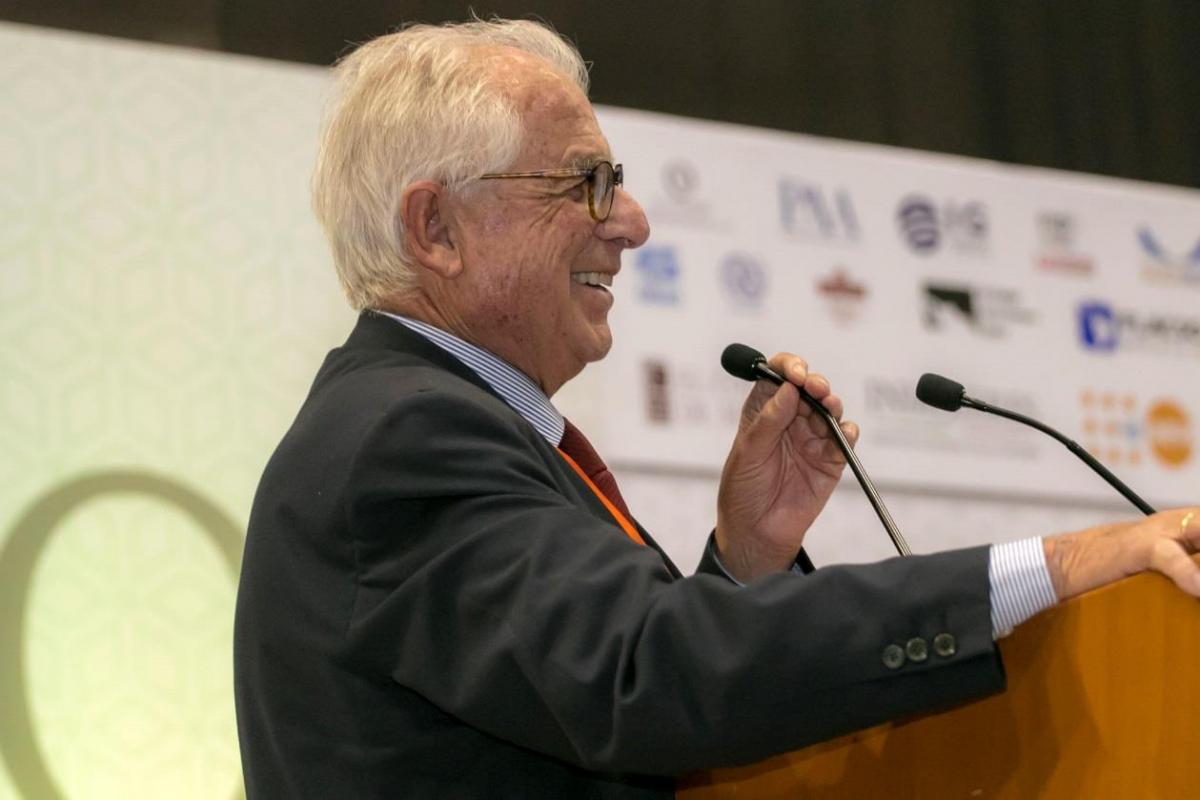
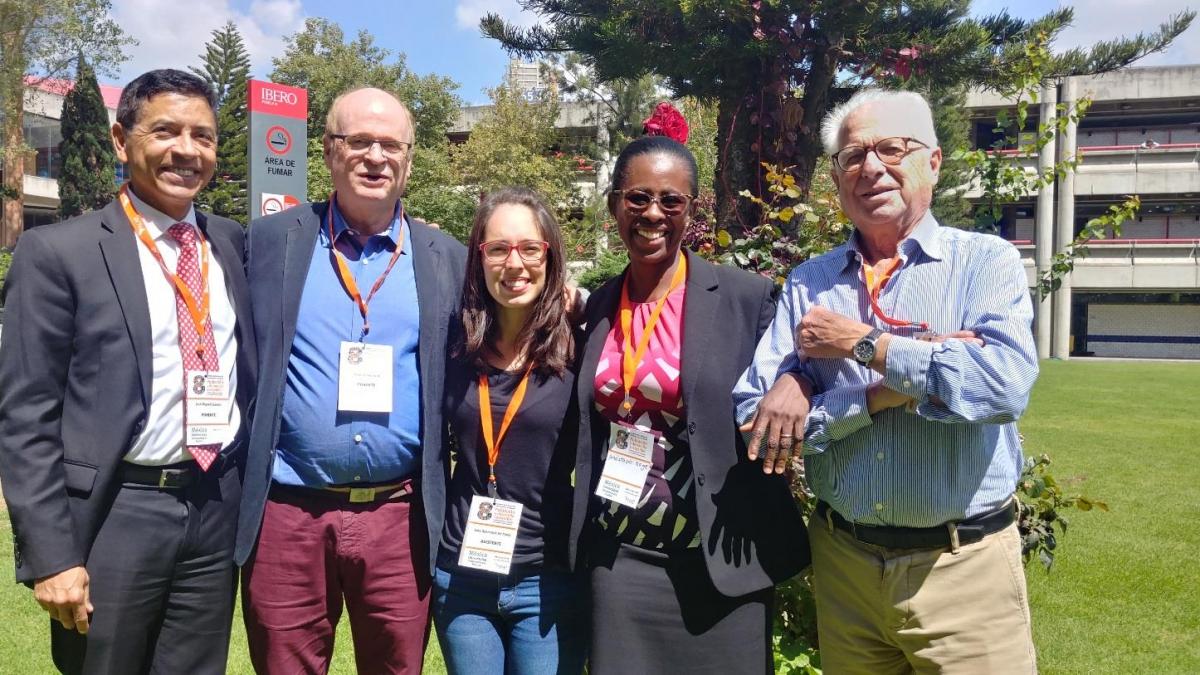
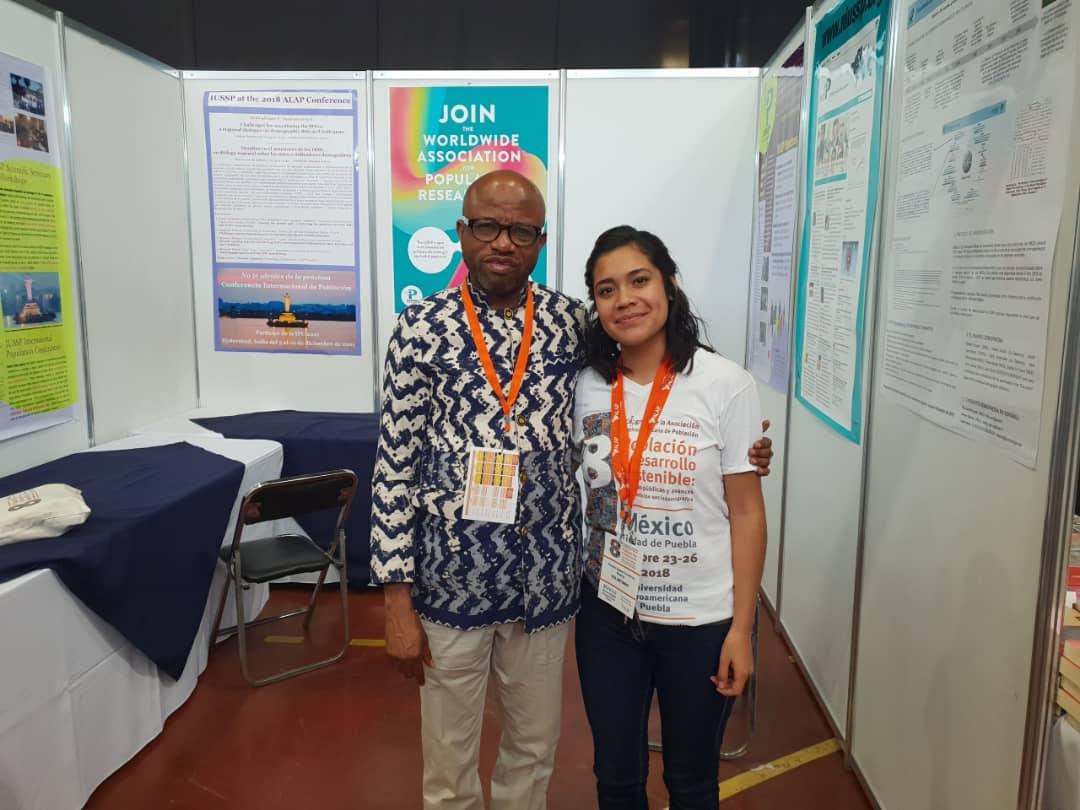



|

